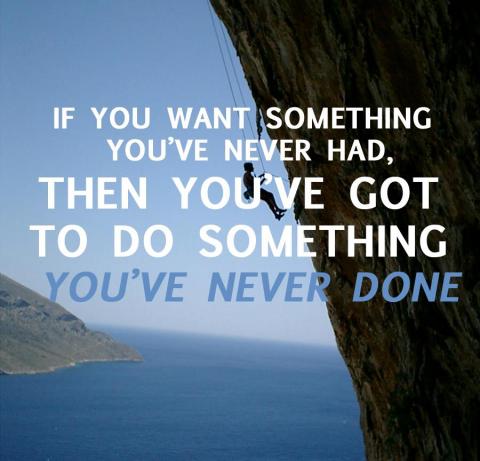It goes without saying that first impressions count for a lot. Not just in business, but also in life. A first impression is made within the first four seconds of meeting someone and cannot be taken back. There are no mulligans in first impressions. You never have a second chance to make a first impression. But what is involved in a first impression? Is it what we are wearing? The way we carry ourselves? Maybe even our speech; viz., not just what we say but how we saying it (tone, enunciation, grammar, etc.).
Someone has said it takes four seconds to make a first impression and it takes four minutes to make a lasting impression. When people do not know you, seconds and minutes count. Meghan Meyer, 31, HR Manager for The Mercadien Group in Princeton, New Jersey says: “A comprehensive and well designed resume will get you to the phone screening process. An articulate person, who speaks confidently about his or her skill sets, will land an interview. But it is how you are perceived during the interview that will leave the lasting impression.”
So, how you present yourself is important. You always want to present yourself at your best, especially if that first impression is a job interview. How, then, do you prepare?
First, physical appearance counts. No matter what some people say about it, dress appropriately – for interviews, dress professionally. Research from UCLA says that appearance and body language count for 55% of a first impression. I don’t care if it is “casual Friday” where you used to work, don’t dress casually for an interview (unless you don’t want the job).
Second, be on time. Most everyone knows that one of life’s most precious commodities is time. You can’t put it in a bank account to spend it later, nor can it be put in a savings account to draw on in emergencies. Once used, you never get it back.
Third, this is not the time for show how talented you are. You might have been the life of the party at your last job and have the ability to make everyone laugh. But first impressions are serious. I am not saying you cannot enjoy yourself and relax in such an atmosphere. But, take it slowly. Present yourself as a serious contender for the job.
Fourth, speak distinctly. Using words like “um,” “ya know,” “uh …” and other such phrases demonstrate a lack of confidence to do the job. The tone and volume of your voice should be pleasing to the person listening.
Fifth, Let the interviewer lead in the conversation, but do not be afraid to ask questions you may have about the position. This is especially important if you have not received a job description. Be prepared to answer questions like: Tell me about yourself. Why are you interested in this position? What do you have to offer this business? What do you consider your strengths and weaknesses? What motivates you?
You might want to ask: How long have you worked here…? What does a typical day consist of? Why is this position available? What are your expectations for this position? What are the first tasks I would be doing if hired? When do you plan to hire for this position?
Finally, while this article has been dealing with first impressions, do not neglect your departure. Keep your poise and demeanor positive as you leave the interview. If you walk away with shoulders down, head bowed, or other slouchy postures, you can be sure it will be seen and make a negative impression of the person(s) you just left.
Man looks on the outward appearance, and the way we dress, speak, and act form impressions that are hard to be overturned once they are formed. I remember reading that it takes twenty positive impressions to reverse the negative. So, put your best foot forward always.



